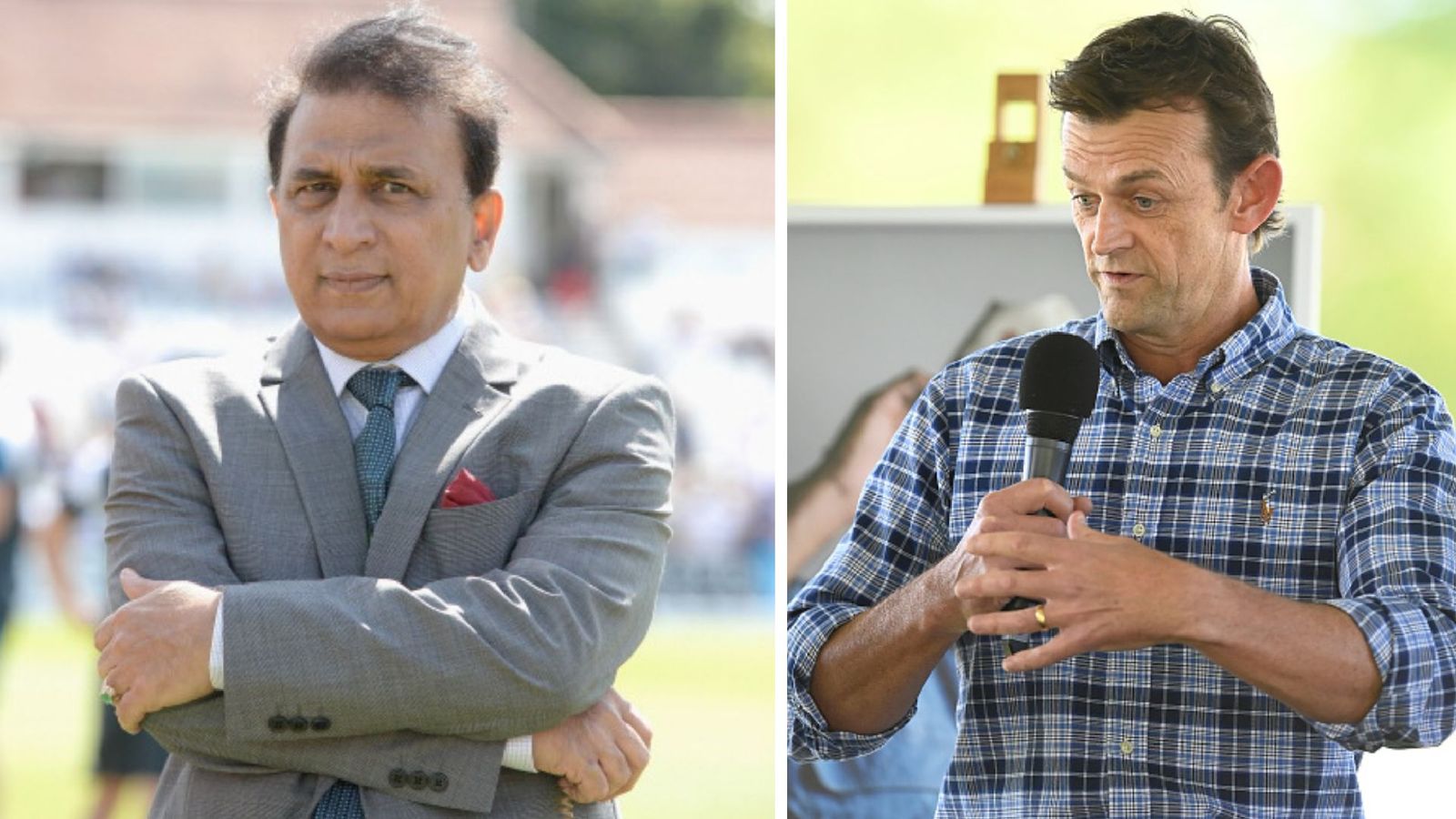Former India captain and 1983 World Cup winner, Sunil Gavaskar, has defended the Board of Control for Cricket in India's (BCCI) decision of not handing No Objection Certificates (NOC) to its cricketers to participate in overseas T20 leagues. While defending the country's cricket board, the legendary Indian batter also came up with a harsh response to former Australian wicketkeeper-batter, Adam Gilchrist's recent statement that questioned BCCI's stance on NOC.
Gavaskar reckons that foreign cricketers urging BCCI to allow Indian players to participate in overseas T20 leagues are motivated by the greed of attracting more sponsors.
The cricketer-turned commentator also seemed to have lauded the Indian cricket board's no NOC stance by underlining that the decision helps in keeping the cricketers "fresh" and reduces the workload.
"Some overseas former players have said that Indian players should be allowed to play the Big Bash or the Hundred. Basically, they want their leagues to have more sponsorship etc. They are concerned about their cricket, which is totally understandable, Gavaskar wrote in his column for Sportstar.
"But when Indian cricket looks to protect its cricket by ensuring that their players stay fresh for their matches and thus restricting them from playing overseas, that is not acceptable to the guys from the ‘old powers."
Gilchrist, a three-time ODI World Cup winner with the Baggy Greens, had earlier targetted the BCCI by telling reporters, "I’m not criticising the IPL, but why won’t Indian players come and play in the Big Bash league? I’ve never had an open and honest answer: Why are some leagues accessing every player in the world? No Indian player plays in any other T20 league. I am not saying in a provocative sense, but is that a fair question?"
Gavaskar also hit back at Gilchrist for only wanting Indian cricketers to participate in the T20 leagues but not coaches or supporting staff.
“They are talking only about the Indian players being made available for their country’s leagues, but not the support staff or others who also can do a wonderful job as the cricketing world has found out over the last half dozen years or so. The IPL, for a while, ran the danger of being called the Australian league with not just the Aussie players dominating the composition of the teams but the coaches and support staff too. It’s never a two-way street for the ‘old powers’ of cricket,” Gavaskar added.


